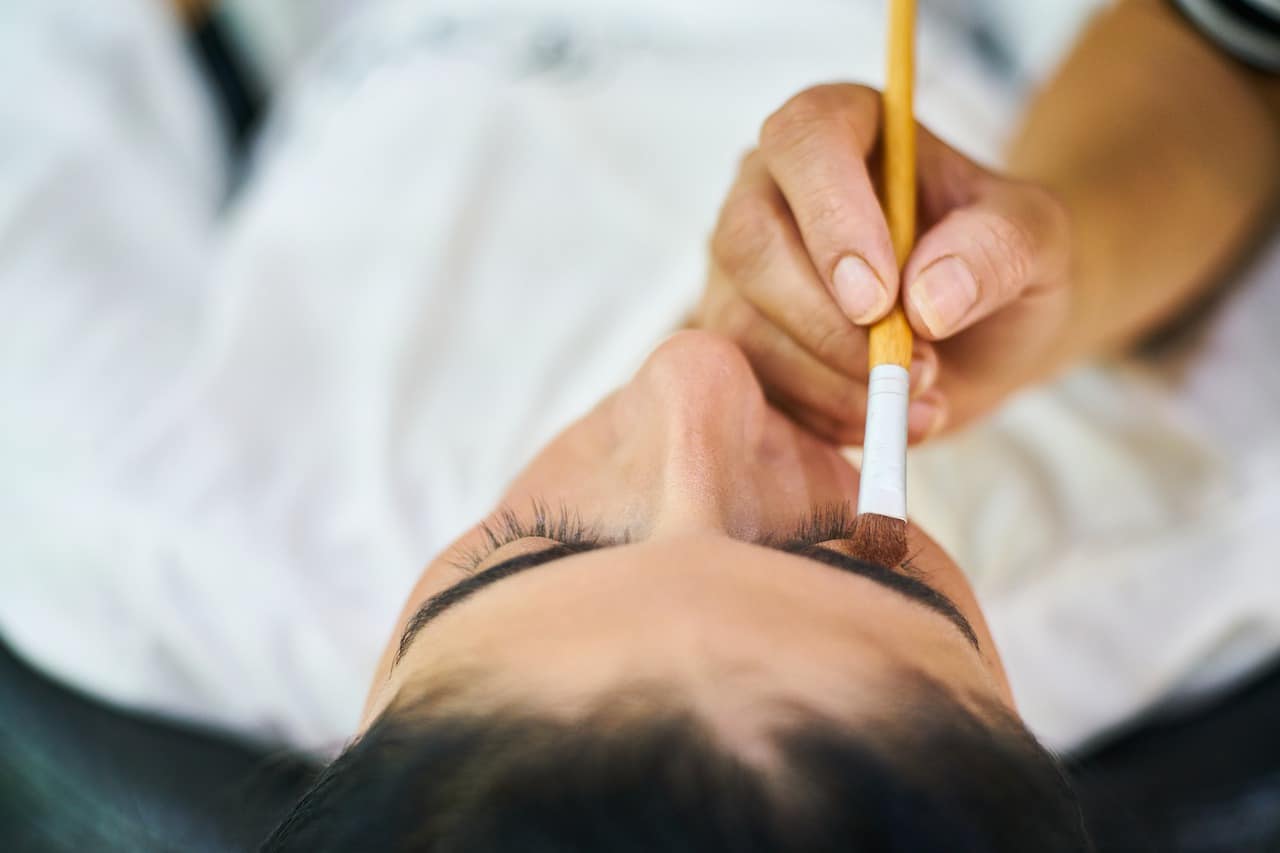Plastic surgery is more popular than ever, and millions of cosmetic operations are carried out every single year. An experienced cosmetic surgeon can help you take care of a wide variety of imperfections, and that includes stubborn pockets of body fat, loose skin, facial wrinkles, uneven breasts, and cellulite. If you have decided that you might want to undergo plastic surgery in New York, then you should spend a little bit of time carrying out some research so that you know exactly what to expect.
Types of Procedures
There are hundreds of cosmetic procedures on the market, and those operations can be used to treat many different imperfections and blemishes. Some of the most popular procedures include liposuction, breast augmentation, breast implants, facelifts, and tummy tucks. There are also quite a few injectables, and those products are typically used to fill out and rejuvenate the face.
The Weeks Leading up to Your Appointment
If you are going to have an invasive procedure carried out, then you will need to meet with Todd B Koch MD a few weeks in advance. That initial consultation will give him the ability to go over your medical history and discuss your cosmetic goals. With that information, he will be able to determine which procedure is right for you. He can also give you more information regarding your pre-op and post-op instructions.
Every case is slightly different, but all patients should try to remain as healthy as possible before their procedures are carried out. Staying healthy will greatly reduce your risk of unnecessary post-op complications. You might also need to alter your current medication schedule if you are taking any prescription or over-the-counter drugs.
At the Surgical Center
Most cosmetic procedures take between one and three hours to complete, but yours could last longer if extensive work is required. The type of anesthetic that is going to be used depends on the overall length of the procedure as well as the location of the treatment site. With a general anesthetic, you will be completely asleep throughout your entire operation. A local anesthetic, on the other hand, will numb the area around the treatment site. Patients who are administered a local anesthetic are typically given an oral sedative as well.
Following Your Procedure
Many different factors are going to affect your recovery after the procedure has been carried out. As a general rule, you should plan on resting as much as possible for at least a few days. If the procedure was minimally invasive, then you could be back on your feet within 24 hours. For more invasive operations, you might need to rest for a week or two. In most cases, the side effects can be managed with compression garments, ice packs, and painkillers. Once the side effects have faded away, you will need to contact your surgeon for the final follow-up appointment.











